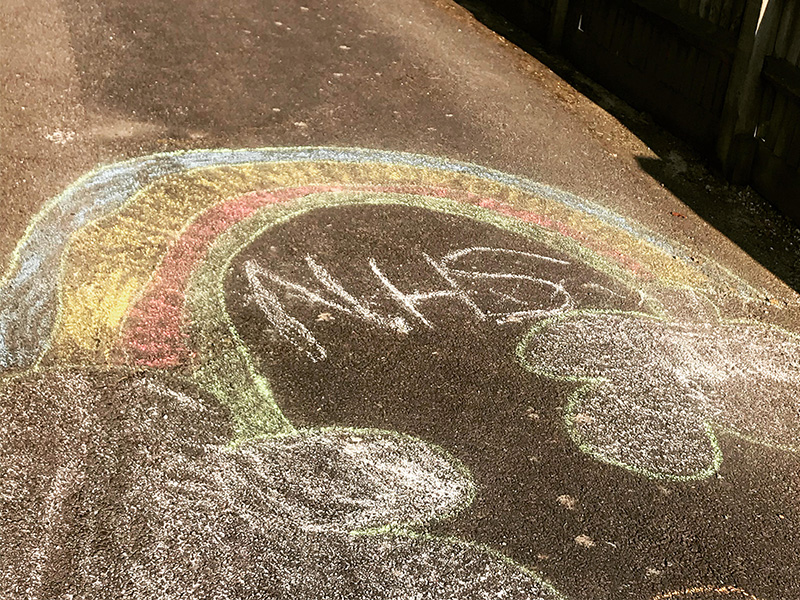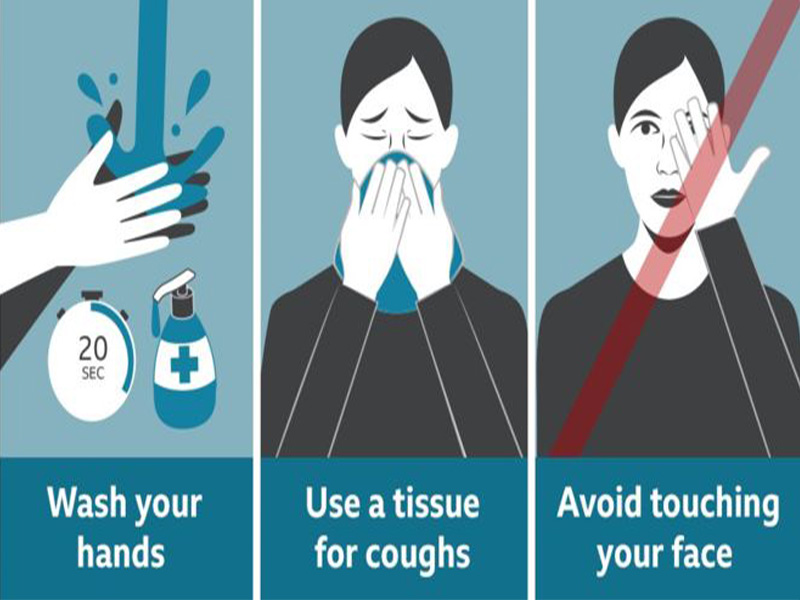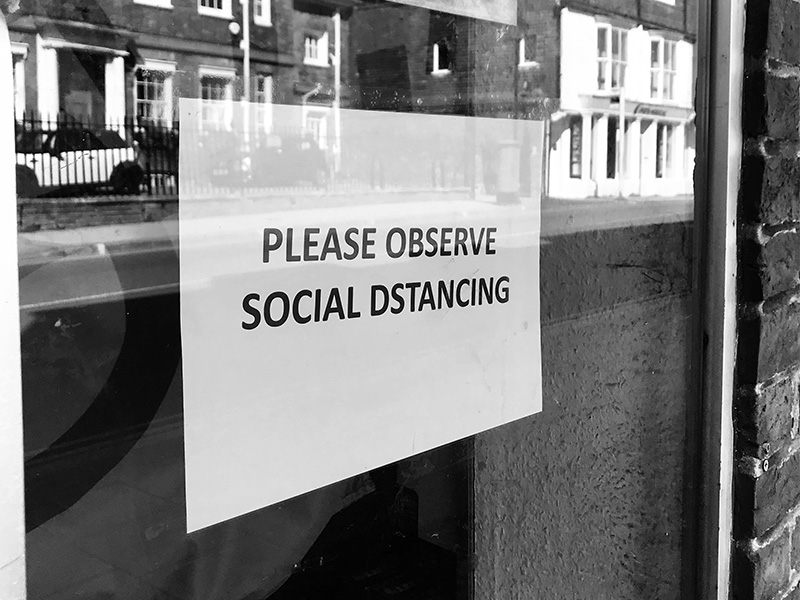Will lockdown have long-term effects on the UK’s children?
The last couple of months have been some of the most difficult that most of us will ever experience during our lifetimes.
But for the youngest of us, it may seem even stranger and confusing.
Britain’s schools have had their gates closed since the 20th of March, and are not set to reopen until September at the earliest.
But this is no extended summer holiday, lockdown has restricted everyone to only an hour outside of their homes a day for exercise and essential shopping.

So how will the country’s children cope?
20 year old nursery practitioner, Kirsty Stephenson, has studied the importance of children having social contact with other children, a simple social skill that they will not be able to develop now that the schools have been closed and movement has been limited.
When asked how she thought the Lockdown’s effect on children would be she said: “Children are sensitive, even from a young age they can tell something’s going on, they pick up on adult’s anxiety and stress levels. This in turn makes the child feel anxious and unsettled.”
“Children learn best when they feel comfortable and safe in their environment, so this whole situation has the potential to slow a child’s rate of learning and development.”

Progress checks at two years of age and the government’s ‘Early years foundations stage profile handbook’ checks are now no longer mandatory to be carried out during the lockdown period.
This has lead to many raising concerns that this could have long term effects on children’s social skills.
When they are not at school, there is a chance that these fall backs could be missed.
Miss Stephenson went on to say: “The quicker you pick up on a child who requires extra support, the better. If they do not receive that extra support soon enough, the child could fall further behind and develop learning difficulties.”

The United Nation released an official policy brief on the 15th of April, analysing the Coronavirus’s effect on children, which states in relation to children’s mental health: “The effects of physical distancing measures and movement restrictions on children’s mental health represent another cause for concern.”
It went on to say: “Children today face anxiety about the negative impact of the pandemic on their lives and their communities, and uncertainty regarding the future: how long today’s extraordinary circumstances will endure and how the pandemic will ultimately be resolved.”
But what about children with social anxiety?
In closing, when addressing children who are observing social difficulty at a young age, Miss Stephenson stated: “In normal circumstances, these children would struggle to form and maintain friendships, but with lockdown preventing their social skills, it is inevitable that they will find it even harder than most upon their return to school.”
The BBC has attempted to address the issues that parents face when it comes to keeping their children active, throughout this difficult period.
On this article on their ‘Teach’ page, they list some important factors to consider:
- Keep them engaged in real time learning
- Keep them active
- Keep them full
- Keep things short and simple
- Keep them coming back for more
It is incredibly important to keep your children occupied and doing things to keep their minds active and assist in their development.

But how should you tell your children about the Coronavirus, especially if they are very young?
A company based in Bolzano in Italy, called Eurac Research made this short video explained by a third grader to help children understand what the virus is, why it is dangerous to vulnerable people, how to prevent infection and why they have to stay indoors.
As the government has laid out its requirements for easing the lockdown measures in the UK, things will become ever more difficult for the public as the boredom will seem unbearable.
It is important to maintain the social distancing guidelines and stay at home.
